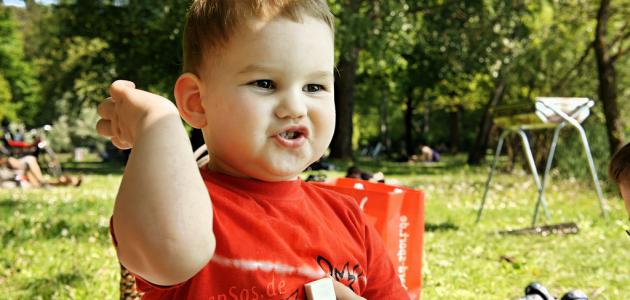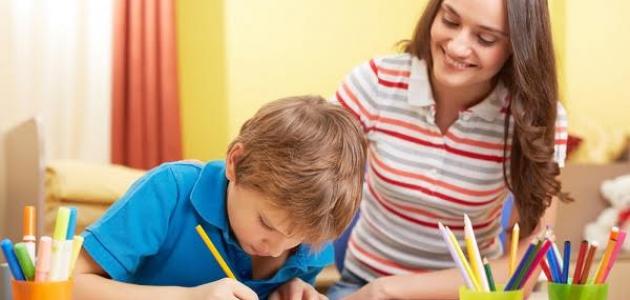baby
Children are the apple of the eye and the hope of life. Fathers and mothers do everything precious and precious for them, and they sacrifice a lot to secure a decent and happy life for their children, as they see in them the dream, the future, the extension of life, and the achievement of everything that their fathers and mothers could not achieve.
Child psychology
Child psychology is considered one of the branches of psychology, and it focuses in its study on the way the child thinks and behaves, from the beginning of his birth until his adolescence, and this science deals not only with how the child grows physically, but rather develops him mentally, socially and emotionally.
The child was seen in the past as a microcosm of the adult, but now psychologists view the child's psyche as rare and complex, and there is a difference between them with regard to upbringing and the nature of the environment surrounding the child, and the extent of its impact on his development. When thinking about how the child develops, Internal and external factors must be taken into account, just as heredity and personal characteristics affect the child, and environmental factors such as social relations and the prevailing culture in society also affect how the child develops.
Most important child psychologists
- Piaget: A Swiss scientist, the beginning of his first interests dealt with the ways in which animals adapt to their surrounding environment, and it reached his interest in the theory of knowledge that talks about the origin of knowledge, and from here his career in child psychology began.
- Vygotsky: He is a Russian theorist, and he proposed the social and cultural theory, as he focused in his theory on the role of culture in determining the patterns of the child in terms of development.
- Erik Erikson: He is one of the followers of Dr. Freud, as he synthesized his own theories and some of what Freud stipulated, to create what is known as the psyche, which is considered one of the stages of human development, extending from birth to death.
Contexts of Child Psychology Analysis
- Social context: The child is affected by his relationships with other peers and adults, in terms of way of thinking, development and education, and the family, school and peers are considered a major part of the social context.
- Cultural context: The culture in which the child lives constitutes a set of customs, traditions, common values and assumptions, and living conditions that affect the development process of the child’s various stages of life. Culture affects the child’s attachment to his parents, the type of education they receive, and the type of fear. available to them.
- Socio-economic context: Social class plays an important role in the child’s development, and the socio-economic status depends on many different factors, such as the number of teachers, the amount of money they earn, the nature of their work and their place of residence, and the number of children in families with a high social and economic status increases. Along with the opportunities available to them, while families whose social and economic status is low, the opportunities for health care, food and education decrease in return, and all these factors have a great impact on the child’s psyche.
These three contexts can constantly change, and despite the possibility of a decrease in the opportunities available to the child as a result of the decline in social and economic conditions, cultural ties and strong social relations remain effective in correcting this imbalance.
Read also:How to raise geniusesThe most common problem in childhood
- Lying: Lying is not considered an innate characteristic, but is acquired by the child through education and imitation.
- Lack of desire to study: This problem is exacerbated by the lack of sufficient interest in the child’s study from the beginning and the lack of promotion of his studies by the parents and the school environment.
- Motor hyperactivity: The child's poor ability to focus must be apparent in his behavior in both the social and school environments together, otherwise the imbalance stems from the environment itself and not from the child.
- Aggressiveness: Aggressiveness in a child may be due to genetic factors or the presence of a neuropathy in the child, and at other times it may be due to the child's constant persecution.









